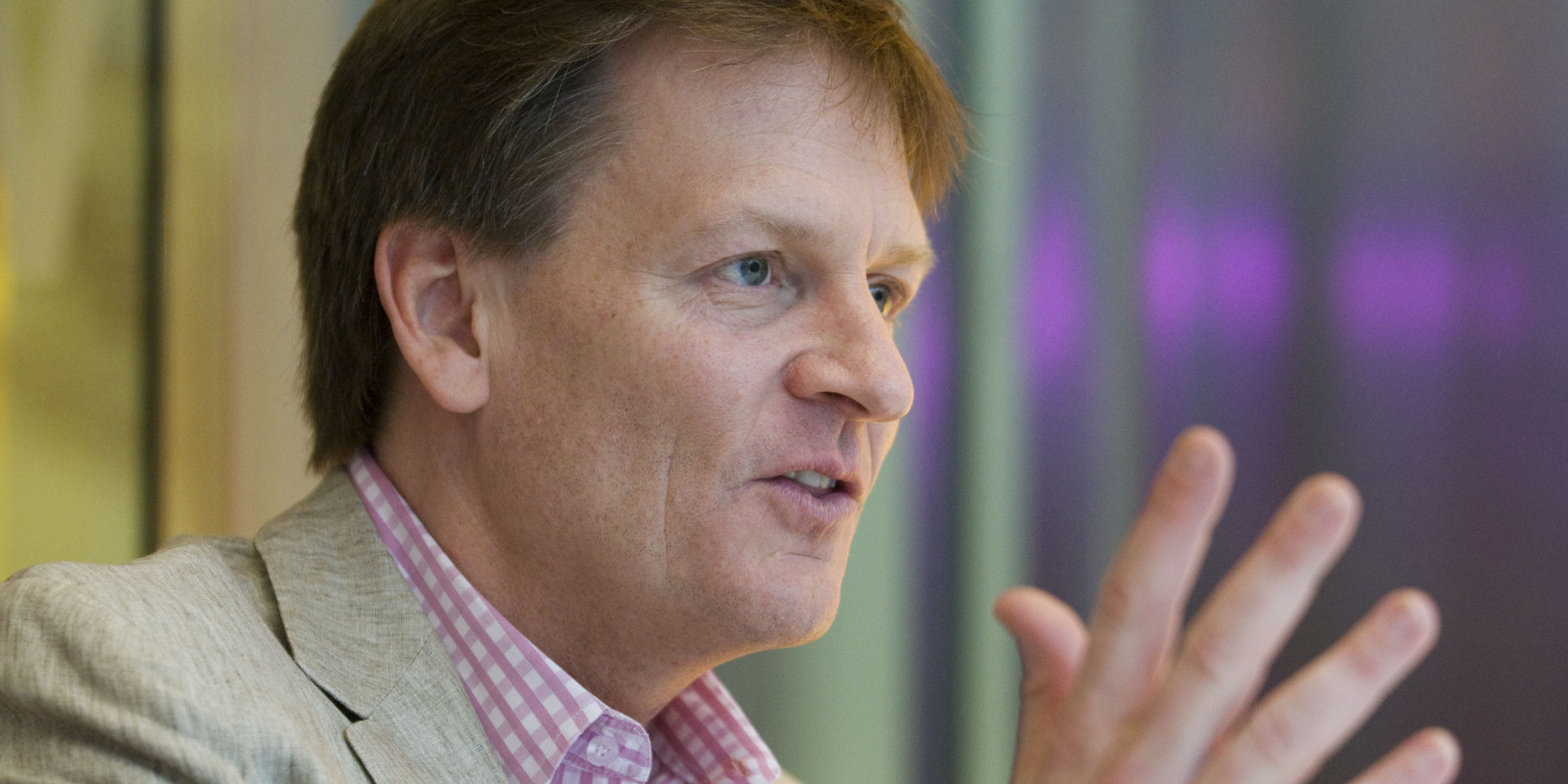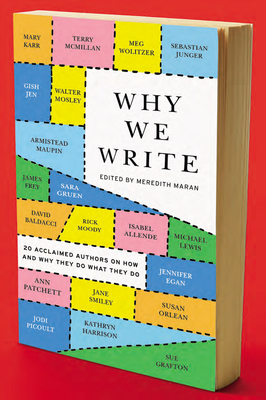At any given time I usually have eight new ideas. … I need time between projects. It’s like a tank filling up. I can’t just go from one to the other.
Lewis Carroll

It’s funny—but writing about writing seems to make me ever more interested in the whole process. I never used to think about it much—I just did it (or tried to—learning how to was a long and difficult process).
Now I’m consumed with trying to find out why it has such a grip on me, why I love it so much, why it seems to become ever more enjoyable. There is always something new to discover—from the intensity of the experience to having ever greater insights. As with most things, your powers of mental observation—to coin a term—increase with practice.
Writing is very far from sheer description—though description certainly plays a major role.. It’s very much exploration, observation, and analysis—and it’s very much about learning. It is also the antithesis of consumption—a refreshing contrast to this consumer society of ours (which I have come to regard as not without some merit—but deeply disturbing).
One of the main reasons why writing is so stressful is that it is an activity which involves constant decision making—and your choices are near infinite. You will be sorely tempted to freeze at the keyboard—overwhelmed by the options available—but if you do that you end up with nothing more than a blank screen. On the other hand, if you are writing for any kind of public consumption—which is likely to be the case—you face the fact that if you decide wrong you are likely to be criticized to the point of pain.
Where writing is concerned, inactivity is not an option. Writing is about doing—and doing with intensity and commitment at that. Whereas, you can half watch a TV program while fiddling with your tablet, I defy you to write well in a similar manner. Writing demands that you focus. It’s a stern but fair disciplinarian. You get out of it what you put in—leveraged by the expertise you have built up over the years. All that initial frustration and failure—that desperation, that agony—eventually pays off. You will suffer on the way—but that suffering has a purpose. It stretches you, exposes weaknesses, builds stamina, and makes the necessary skills part of your mental muscle memory. It may also break you. Very few aspiring writers succeed. The odds are higher in SEAL training.
I don’t seem to do it for reward. Of course I like and need some reward, but my real reward seems to come from the work itself. It is pleasurable, deeply satisfying, educational, thoroughly entertaining—and addictive. And it is terrific exercise—for the mind. After a day’s writing, you may, indeed, feel mentally exhausted, but—once you reach a certain level—you will feel the equivalent of a runner’s high.
 The wonderful Maria Popova of Brainpickings.org seems to be similarly obsessed to the extent that it is one of her recurrent themes. To that end she regularly quotes writers on writing. She also recommends WHY WE WRITE: 20 ACCLAIMED AUTHORS ON HOW AND WHY THEY DO WHAT THEY DO.
The wonderful Maria Popova of Brainpickings.org seems to be similarly obsessed to the extent that it is one of her recurrent themes. To that end she regularly quotes writers on writing. She also recommends WHY WE WRITE: 20 ACCLAIMED AUTHORS ON HOW AND WHY THEY DO WHAT THEY DO.
Mad fools!
The following quotes are from non-fiction author Michael Lewis—a writer I deeply respect—who is also fun to watch when being interviewed. He has an appealing outlook on life and a great sense of humor. The man is intelligent, empathetic, and witty—fine qualities for a writer to have, and arguably essential for the kind of work he has the courage to undertake. He seems to be prepared to tilt at windmills—but is protected by his humor. His latest book exposes high frequency trading so he is going head to head with the immensely powerful financial sector. That takes guts.
Before I wrote my first book in 1989, the sum total of my earnings as a writer, over four years of freelancing, was about three thousand bucks. So it did appear to be financial suicide when I quit my job at Salomon Brothers — where I’d been working for a couple of years, and where I’d just gotten a bonus of $225,000, which they promised they’d double the following year—to take a $40,000 book advance for a book that took a year and a half to write.
My father thought I was crazy. I was twenty-seven years old, and they were throwing all this money at me, and it was going to be an easy career. He said, “Do it another ten years,then you can be a writer.” But I looked around at the people on Wall Street who were ten years older than me, and I didn’t see anyone who could have left. You get trapped by the money. Something dies inside. It’s very hard to preserve the quality in a kid that makes him jump out of a high-paying job to go write a book.
The reasons I write change over time. In the beginning, it was that sense of losing time. Now it’s changed, because I have a sense of an audience. I have the sense that I can biff the world a bit. I don’t know that I have control of the direction of the pinball, but I can exert a force.
That power is a mixed blessing. It’s good to have something to get you into the chair. I’m not sure it’s great for the writing to think of yourself as important while you’re doing it. I don’t quite think that way. But I can’t deny that I’m aware of the effects my writing will have.
Once you have a career, and once you have an audience, once you have paying customers, the motives for doing it just change.
Commercial success makes writing books a lot easier to do, and it also creates pressure to be more of a commercial success. If you sold a million books once, your publisher really, really thinks you might sell a million books again. And they really want you to do it.
That dynamic has the possibility of constraining the imagination. There are invisible pressures. There’s a huge incentive to write about things that you know will sell. But I don’t find myself thinking, “I can’t write about that because it won’t sell.” It’s such a pain in the ass to write a book, I can’t imagine writing one if I’m not interested in the subject.
When I’m working on a book, I’m in a very agitated mental state. My sleep is disrupted. I only dream about the project. My sex drive goes up. My need for exercise, and the catharsis I get from exercise, is greater. When I’m in the middle of a project, whether I’m doing Bikram yoga or hiking up the hill or working out at the gym, I carry a blank pad and a pen. I’ll take eight hundred little notes right in the middle of a posture. It drives my yoga instructor crazy.
Lewis ends with some advice for aspiring writers. They are gems—funny, disconcerting, and true. Pay particular attention to that point about delusional thinking. The man gets it.
- It’s always good to have a motive to get you in the chair. If your motive is money, find another one.
- I took my biggest risk when I walked away from a lucrative job at age twenty-seven to be a writer. I’m glad I was too young to realize what a dumb decision it seemed to be, because it was the right decision for me.
- A lot of my best decisions were made in a state of self-delusion. When you’re trying to create a career as a writer, a little delusional thinking goes a long way.
No comments:
Post a Comment